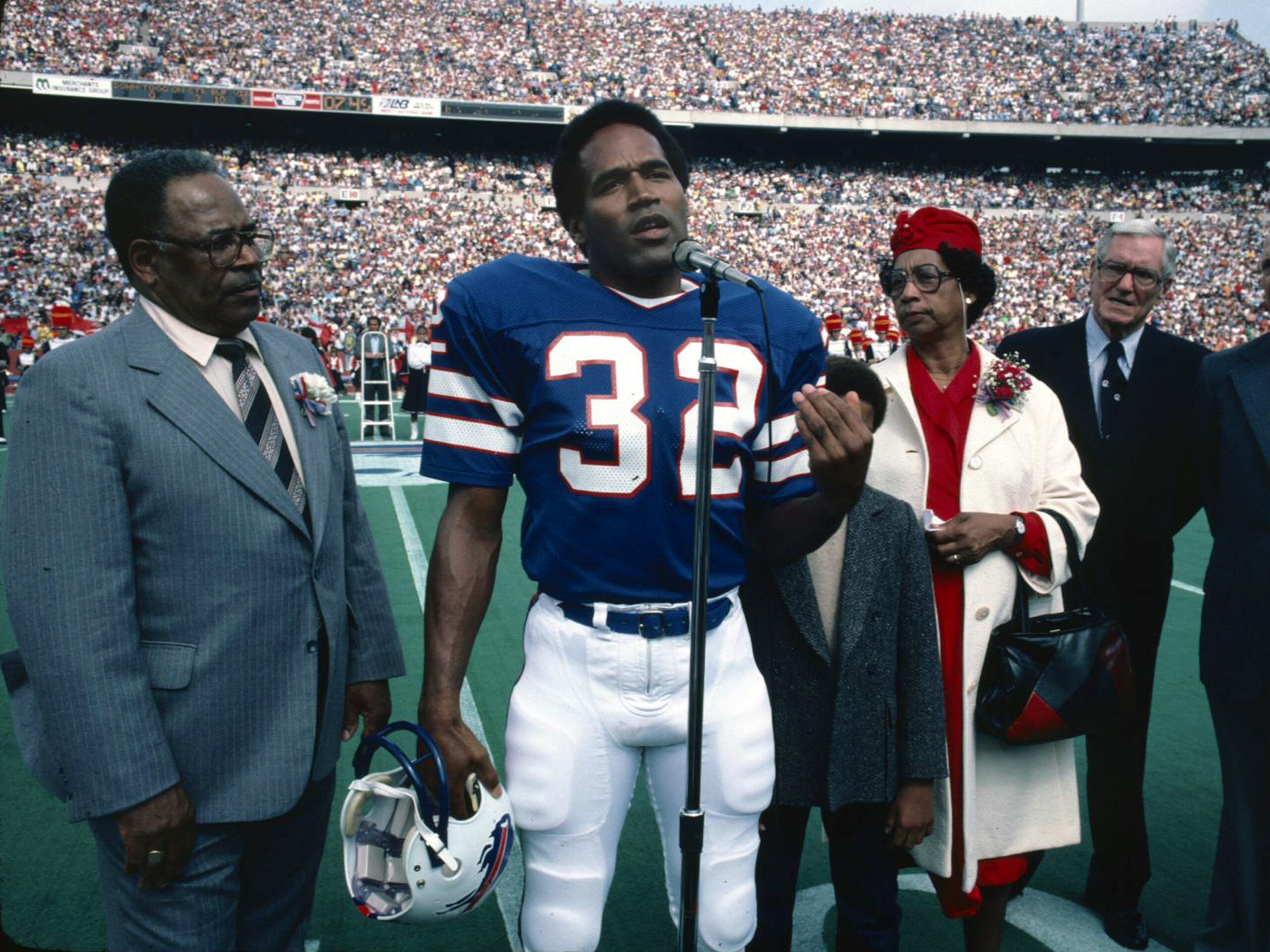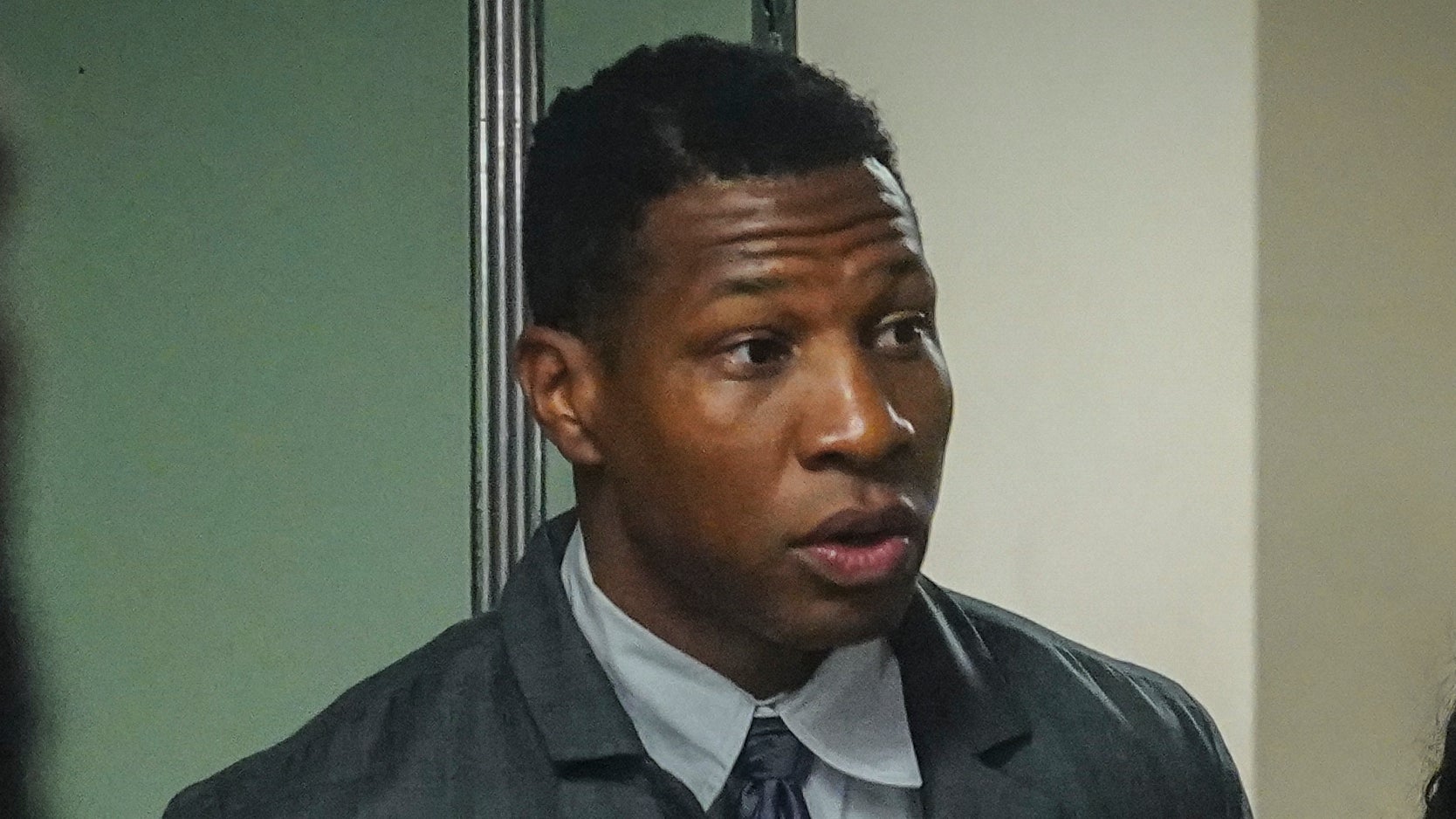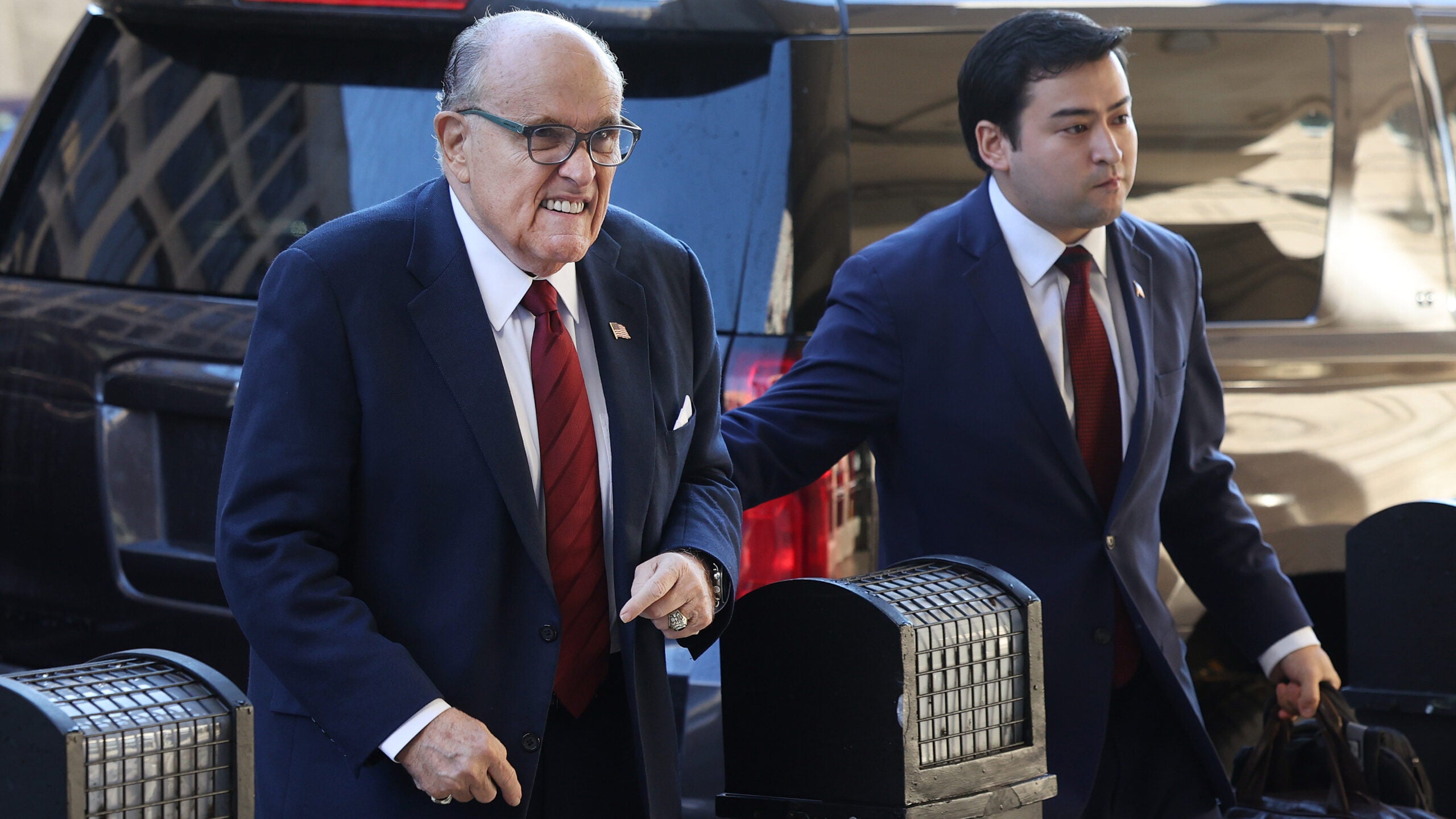Rob Ferrett and Cynthia Schuster hear from a guest who says very few trials actually go before juries in the United States–and that we’re losing an important part of democracy. We’ll talk about new research on lead exposure and hear from an online mom who shares great videos for kids.
Featured in this Show
-
How Having Fewer Jury Trials Affects Courtroom Justice
The dramatic moment in legal dramas in the world of movies, TV and novels is usually when the jury makes its decision. But according to an expert on the legal system, jury trials have become very rare – and he’s worried about what that means for our democracy and our justice system.
Bowling Green political science and philosophy professor Albert Dzur, author of “Punishment, Participatory Democracy, and the Jury,” says most cases are settled out of court by various kinds of deals and plea bargains. In criminal cases, for example, he says only an estimated one to four percent of cases actually go before a jury.
He says that’s a far cry from the mid-19th century, when Alexis de Tocqueville celebrated the jury as an example of participatory democracy and when a majority of trials were heard before a jury. “We moved pretty far from the participatory system that Tocqueville celebrated in ‘Democracy in America’ to a much more professional-dominated, behind-the-scenes institutional process, and I think we’ve suffered because of that.”
Dzur says participation in jury trials gives citizens an awareness of how our legal system works, and the consequences of our laws. “We gain the kind of moral awareness of the world of crime and punishment, the real world of crime and punishment, not ‘Law and Order,’” he says. “It’s valuable, because we are in the midst of a punishment bonanza that I think hardly ever breaks through public consciousness.”
He says obstacles to reviving the jury system include a perception that professional judges and lawyers understand the legal system better than lay juries, and a concern over the cost of jury trials – though he argues the costs of long-term incarceration outweigh the costs of jury trials.
Another obstacle is a lack of interest from potential jurors, who view service as a chore. He says this is surprising, given widespread interest in fictional accounts of courtrooms. While waiting to serve in a jury, Dzur asks, “What novel did you bring in the waiting room? It was probably a mystery! Or what TV show were you eager to get back to after going in for jury service? It was Law and Order! Our fantasy life is very active, and we can’t wait to figure out the details of to know who did it. But are we going to go on that trip in real life? We’re reluctant to do that.”
Wisconsin Public Radio, © Copyright 2024, Board of Regents of the University of Wisconsin System and Wisconsin Educational Communications Board.




